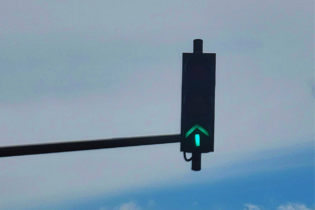According to Andrew Etzinger, senior general manager at Eskom, 54 million CFLs have been fitted across South Africa from 2004 to 2012 – adding up to a 2 173MW demand savings. In full support of energy efficiency in infrastructure, Eskom has rolled out on a massive energy and sustainability drive across the country, as part of its Demand Response Aggregated Pilot (DRAPP) programme, in a plea to both consumers and industries to reduce their electricity consumption.
In terms of Eskom’s CFL and sustainability project, Etzinger – who delivered an address at the 2012 Public Private Infrastructure Forum – stated that bulk purchases and the issuing of free efficient lamps to households (door-to-door) or at exchange points has been implemented. The aim is to replace inefficient, incandescent lamps with an equivalent, efficient company fluorescent lamp. The project is entirely funded with no cost to the consumer. On the solar water heating (SWH) front, a R4.7 billion solar water programme was spearheaded by government in support of its initiative to have 1 000 000 SWHs installed by 2014. The target market is residential dwellings, with the aim of replacing inefficient geysers with pre-approved SWHs. About 187 836 SWHs have been rolled out via the programme thus far. With renewable energy being the current sustainable buzzword, plans are also in place for Eskom and government to embark on the use of LED technology, which is making strides and “offer the next tier of energy improvements in lighting,” added Etzinger. To date, 11 million downlighters have been installed, of which 4.6 million are currently in use in the commercial / industrial market. An additional 3 million LED retrofits are targeted, sparking a 60MW peak demand savings potential – totaling 180GWh per annum energy (per million).According to Etzinger, and with regard to the recovery of heat and water in production processes and reintroducing these streams back into the originating processes, he says it offers significant improvement to the efficiency of the operation and ultimately makes business sense as the operating costs are reduced. Since renewable energy is a key component for optimal energy usage, Eskom will be rolling out a small scale renewable initiative in consultation with the National Energy Regulator of South Africa (NERSA).
Ultimately though, the success of Eskom’s energy sustainable projects lies with commitment from government. “We would love to engage with the Department of Public Works to follow a similar approach customised to their state-owned companies,” he concluded. Infrastructure News editor






